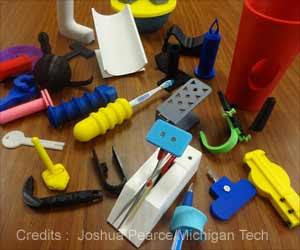Recurrent urinary tract infections affect kidney function in children with vesicoureteral reflux. Antibiotics can protect against kidney damage.

Vesicoureteral reflux (VUR) is a congenital condition most common in infants and young children. The urine flows backward from the bladder to one or both ureters and sometimes to the kidneys.
Research conducted on a subset of children with VUR to study the impact of recurrent urinary tract infections (UTIs) on kidney function was measured using an estimated glomerular filtration rate (eGFR) (1✔ ✔Trusted Source
Glomerular Filtration Rate Changes Following UTI in Children With Vesicoureteral Reflux
).
Impact of Recurrent UTIs on Kidney Function in Children
With the data from the Randomized Intervention for Children With Vesicoureteral Reflux (RIVUR) trial, eGFR changes in children aged six months or older were analyzed. Multiple UTIs versus fewer or no UTIs were also compared.
It was found that children with more than one UTI had a decrease in their eGFR factor. It was 12.3mL/min/1.73 m² compared with children with fewer UTIs, indicating a significant loss in renal function.
Children in the placebo group with more than one UTI with fever (febrile UTI) showed a greater decrease in the eGFR than those with fewer UTIs. Their eGFR on average was 27.1 mL/min/1.73 m².
How Antibiotics Protect Against Kidney Damage from UTIs
However, in the antibiotic prophylaxis group, there was no difference in eGFR changes, compared to children with recurrent UTIs and children with fewer UTIs indicating that antibiotics may reduce potential kidney damage due to UTIs.
The study also found that kidney scarring observed on dimercaptosuccinic acid (DIMSA) scans were not directly related to eGFR changes. However, recurrent UTIs can cause another form of acute kidney injury (AKI) that DIMSA scans may not detect.
Advertisement
The results show that recurrent UTIs may lead to chronic renal injury, although the RIVUR trial was not designed for eGFR analysis. These changes in eGFR require further investigation in subsequent larger cohorts and outline the extended consequences of UTI on children with VUR’s kidney health.
Reference:
- Glomerular Filtration Rate Changes Following UTI in Children With Vesicoureteral Reflux – (https://jamanetwork.com/journals/jamapediatrics/fullarticle/2825378)
Advertisement



